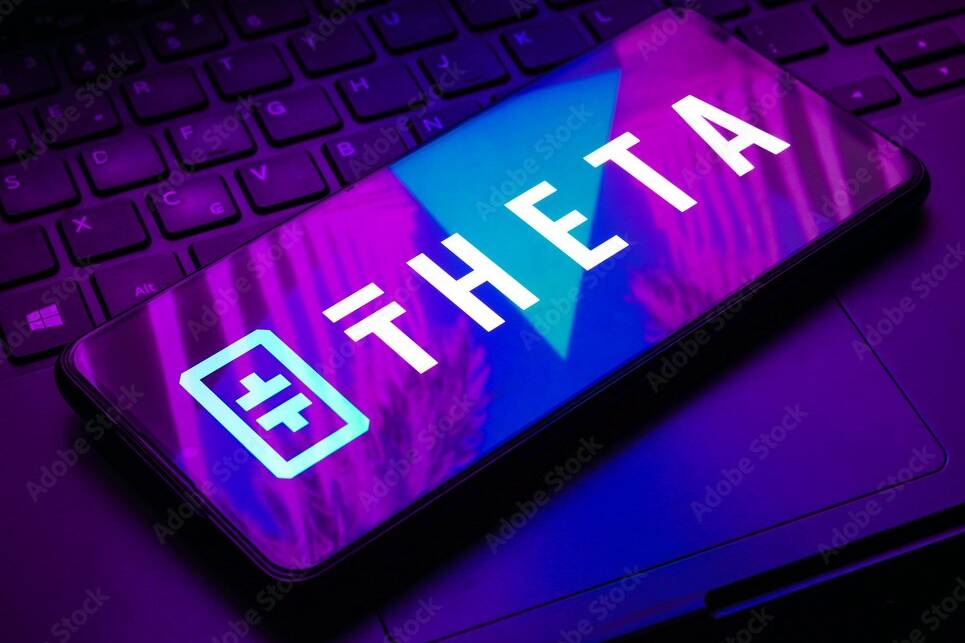April 3, 2024
Introduction
An Initial Coin Offering (ICO) is a fundraising mechanism in the cryptocurrency and blockchain space. It allows startups and projects to raise capital by issuing digital tokens or coins to investors in exchange for established cryptocurrencies like Bitcoin or Ethereum, or even fiat currency. ICOs are analogous to Initial Public Offerings (IPOs) in the stock market but with significant differences tailored to the decentralized nature of blockchain technology.
How ICOs Work
- Whitepaper Creation: The process begins with the creation of a detailed whitepaper. This document outlines the project’s goals, technical specifications, team information, tokenomics, and how the funds will be used.
- Token Creation: Unlike traditional shares, ICO tokens are created using blockchain platforms like Ethereum, which provides the infrastructure for creating smart contracts and issuing tokens.
- Promotion and Marketing: To attract investors, ICO projects engage in extensive marketing campaigns. This includes social media promotion, partnerships, and sometimes even celebrity endorsements.
- Crowdsale: The ICO period, or crowdsale, is when tokens are sold to investors. This can be conducted over a few days to several weeks, during which investors send funds to the project’s wallet and receive tokens in return.
- Listing on Exchanges: After the ICO, tokens are usually listed on cryptocurrency exchanges, allowing investors to trade them in the open market.
Types of ICOs
- Private ICOs: Participation is limited to a select group of investors, often institutional or accredited investors.
- Public ICOs: Open to the general public, allowing anyone to participate and invest.
Benefits of ICOs
- Accessibility: ICOs democratize investment opportunities, allowing anyone with an internet connection to invest.
- Liquidity: Tokens can be traded on various cryptocurrency exchanges, providing liquidity to investors.
- Innovative Funding: Enables innovative projects to raise funds without the need for traditional financing methods.
Risks and Challenges
- Regulatory Uncertainty: The regulatory environment for ICOs is still evolving, with many jurisdictions having unclear or stringent regulations.
- Scams and Fraud: The ICO space has seen numerous scams, where projects raise funds and then disappear without delivering a product.
- Volatility: Token prices can be highly volatile, leading to significant financial risks for investors.

Regulatory Landscape
The regulatory landscape for ICOs varies significantly across different countries. While some nations embrace ICOs with clear guidelines and supportive environments, others have imposed strict regulations or outright bans. Investors must be aware of the legal implications in their jurisdictions before participating in an ICO.
Conclusion
ICOs have emerged as a powerful tool for fundraising in the blockchain and cryptocurrency space, offering both opportunities and risks. They enable innovative projects to secure funding and provide investors with the chance to participate in the early stages of potentially transformative technologies. However, due diligence and careful consideration of the associated risks are essential for anyone considering investing in an ICO.













